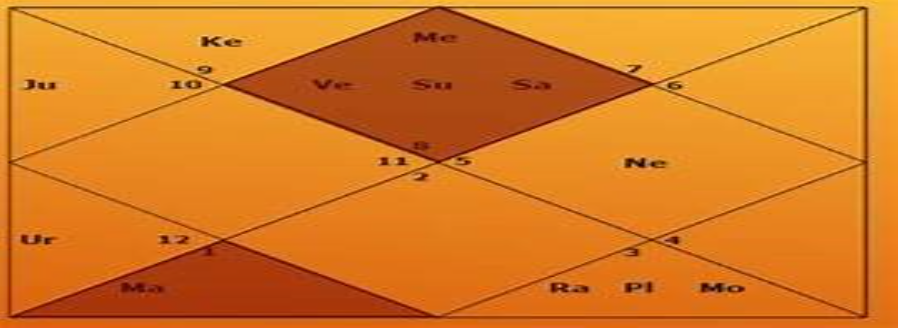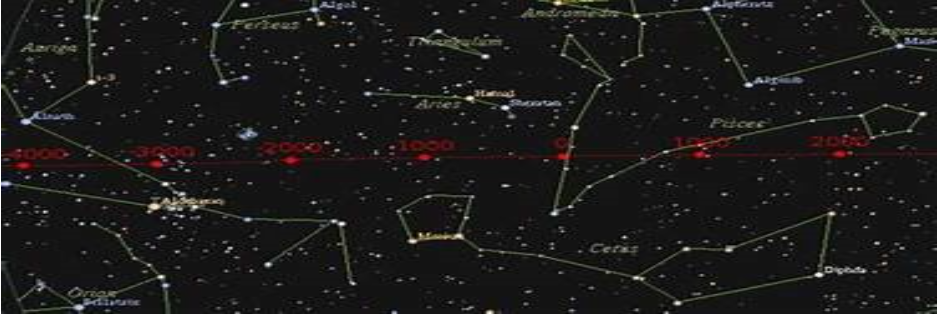
Vedic Astrology, also known as Jyotish, is an ancient system of astrology that originated in India thousands of years ago. The term 'Vedic' comes from the word 'Vedas,' which translates to the oldest sacred text of Hinduism and serves as the ultimate basis of the astrology system. The term 'Jyotish' is derived from Sanskrit, referring to the 'science of light,' highlighting its focus on the influence of celestial bodies on the lives of human beings. The primary difference between Vedic astrology and Western astrology lies in how they track the planets' locations.
Vedic astrology uses the positions of stars or constellations to calculate the actual positions of planets, while Western astrology is based on the position of the Sun at the spring equinox. The use of Vedic astrology is associated with various purposes, such as predicting the future, understanding personality, and making decisions. These aspects are facilitated by various key elements such as nakshatras, birth charts, planetary positions, yogas, and the dasha system.
Vedic Astrology, known as Jyotish, originated in ancient India based on the Vedas, the oldest sacred text of Hinduism. It focuses on the influence of celestial bodies on human lives. Vedic astrology tracks planets using stars or constellations, while Western astrology uses the position of the Sun.
This article is delved towards the father of Indian astrology. Indian astrology traces its data back around 1500 BCE from the four major Vedic texts. They are the oldest known text material on this subject. Traditionally, the title of "Father of Indian Astrology" is often attributed to Sage Bhirgu, one of the revered Saptarishis (seven sages).
